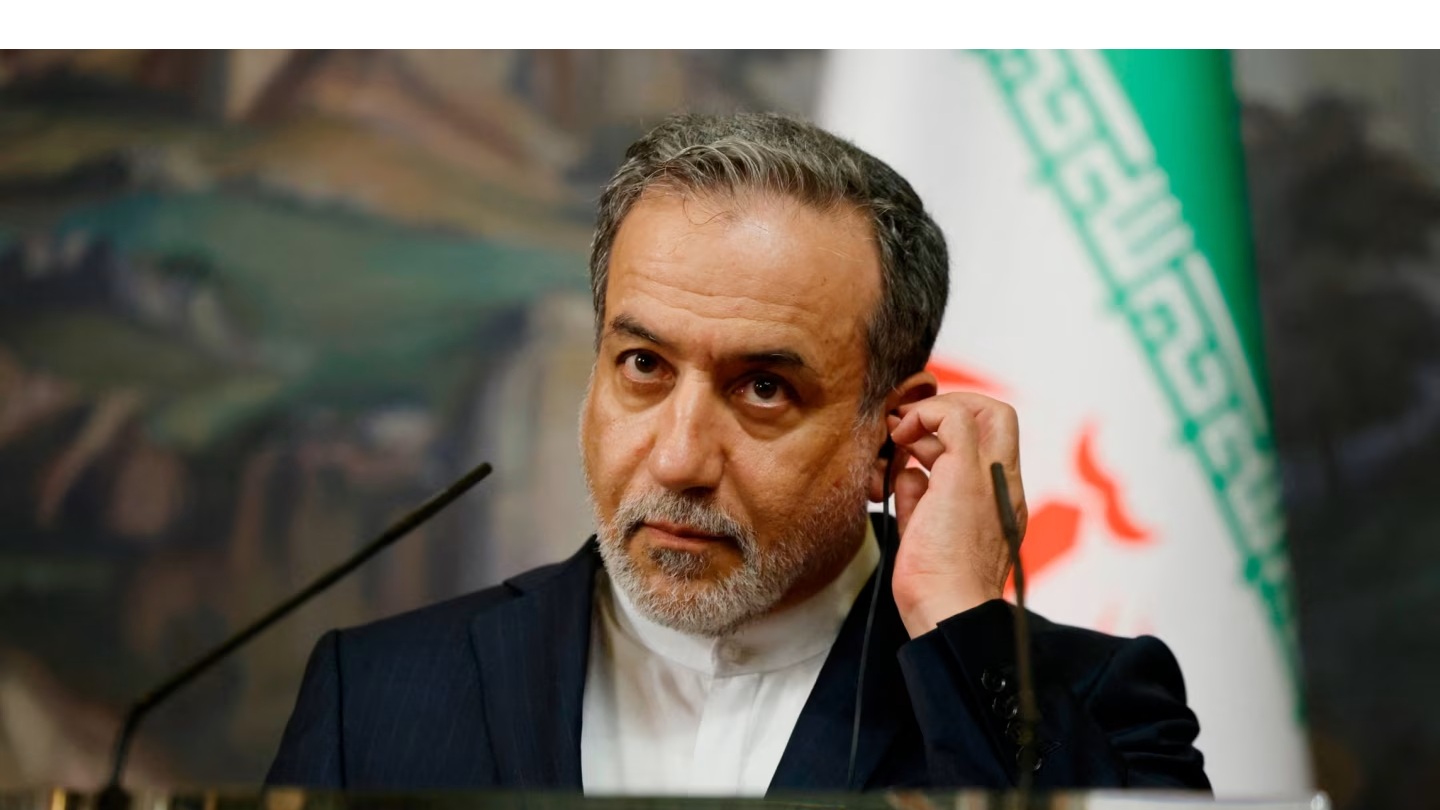Iran has confirmed it will engage in high-level talks with key European powers this Friday, June 20, 2025, in Geneva, in a bid to cool rising tensions with Israel.
The announcement comes at a critical moment, as U.S. President Donald Trump weighs whether to launch American military strikes against Iran’s nuclear infrastructure.
Iranian Deputy Foreign Minister Abbas Araghchi made the announcement through the state-run IRNA news agency.
He confirmed that representatives from France, the United Kingdom, Germany, and the European Union will attend the meeting.
Their goal: to reignite diplomatic discussions and prevent a broader regional conflict.
Who’s at the Table?
This emergency gathering will bring together the so-called “E3” alliance, comprising the UK, France, and Germany, alongside the EU’s top foreign affairs official, Kaja Kallas.
The initiative follows a series of phone consultations between Araghchi and his European counterparts earlier this week, during which Iran proposed a face-to-face summit to discuss ways forward.
France’s President Emmanuel Macron has tasked his Foreign Minister, Jean-Noël Barrot, with building a diplomatic framework to reduce tensions.
Speaking in Paris, Barrot stressed that Europe stands ready to contribute “experience and skill” in securing a lasting reduction in Iran’s nuclear and missile capabilities.
UK Foreign Secretary David Lammy echoed this urgency after returning from meetings in Washington.
He said the world has a narrow “two-week window” to reach a breakthrough through diplomacy.
He reaffirmed Britain’s commitment to ensuring Iran never obtains a nuclear weapon.
EU foreign policy chief Kaja Kallas also underscored the importance of peaceful negotiation, asserting that diplomacy remains the best path to curbing Iran’s nuclear ambitions.
The Conflict in the Background
The diplomatic efforts unfold against a backdrop of intense military confrontation.
On June 13, Israel launched a major offensive known as “Operation Rising Lion,” striking several key nuclear and military sites within Iran.
Among the targets was the Arak heavy-water reactor, a core part of Iran’s nuclear infrastructure.
In retaliation, Iran fired missiles and deployed drones, hitting multiple locations inside Israel.
One of the most significant strikes targeted Soroka Medical Center in Beersheba, resulting in civilian casualties.
So far, Iran has reported at least 639 deaths and over 1,300 injuries, with many among the civilian population.
Israel has confirmed 24 fatalities and hundreds of wounded.
Trump’s Crossroads
As the conflict intensifies, President Trump has stated he will make a final decision within two weeks on whether the U.S. will join Israel in its military campaign.
While he noted that there remains a “substantial chance” for renewed talks with Tehran, he has not ruled out direct action.
One of the key military concerns is Iran’s Fordow uranium enrichment facility, which lies deep beneath a mountain and is shielded from most conventional strikes.
However, it remains vulnerable to the U.S.’s specialized bunker-buster munitions.
Iranian officials have warned that any U.S. military intervention would prompt severe retaliation.
Stakes on the Table
The Geneva meeting is not just symbolic—it may be the final opportunity to steer events away from full-blown war.
European nations are calling on Iran to scale back its nuclear enrichment activities in exchange for easing regional tensions.
However, global powers remain divided.
While the U.S. leans toward military solutions, European nations prefer negotiation.
Meanwhile, Russia and China have both voiced opposition to any further escalation.
Geneva is a familiar diplomatic venue: it hosted the talks that led to the 2015 Iran nuclear agreement, which the U.S. exited under Trump’s administration in 2018.
Now, nearly a decade later, the same city could once again serve as the setting for a historic turning point.
Why This Moment Matters
Timing is everything. The next two weeks represent a fragile but crucial window where diplomacy might still succeed.
Failure to reach a new understanding could plunge the Middle East into a prolonged and devastating war, with global consequences ranging from oil market shocks to broader security risks.
What Lies Ahead
The Geneva summit could pave the way toward a new nuclear agreement and broader peace, or it could be overtaken by military escalation, particularly if the U.S. decides to act.
With lives being lost daily and international focus fixed on the region, the choices made in the coming days will shape the future of not just Iran and Israel, but the entire global order.







